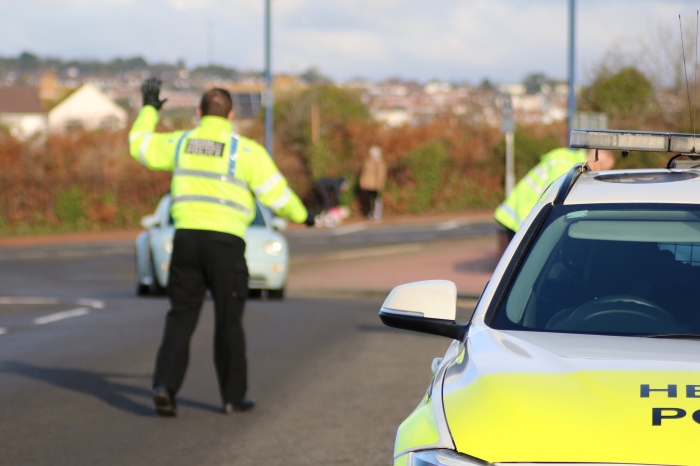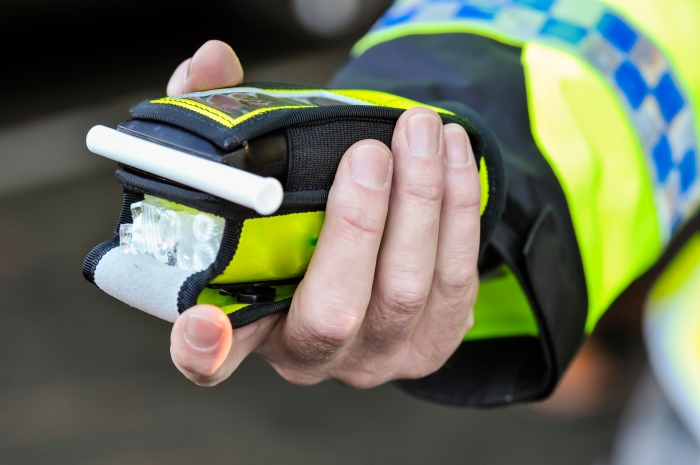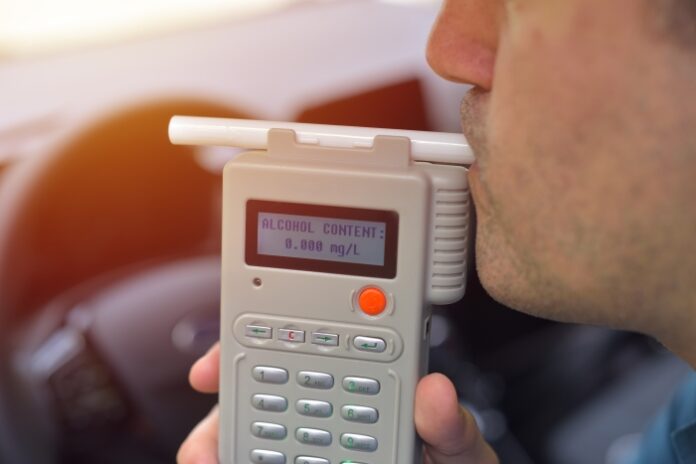More people than currently thought may be physically unable to use the machines relied upon to gather evidence of driving under the influence, a new research from the University of Sheffield indicates.
Older people, shorter people, women and those who smoke are included in those who may be physically unable to provide a satisfactory breath sample, and this may be contributing to wrong outcomes in justice system.
There are approximately 4,000 convictions for ‘Failure to Provide’ in the UK each year, while current belief suggests anyone can use an evidential breath analysis machine, unless they can provide documentation of respiratory, or mental illness.

However, the new study challenges the norm that anyone failing to provide a sample of breath at a police station is being deliberately obstructive, questioning the fairness of “failure to provide” charges.
Analysis of over 280,000 spirometry data entries in the UK Biobank (a measurement of how much air that a person can move in and out of their lungs), showed a significant minority of people, including older people, women, those who are shorter in height or smokers over the age of 40, may simply be physically unable to provide a sample.
As many as one in 38 men and one in 26 women of small stature are physiologically incapable of providing an evidential breath sample, the new research shows. The picture worsens with age and being a daily smoker doubles the risk.
Up until now, research to validate obtaining breath samples has investigated fewer than 300 individuals, so this new study highlights the severe lack of data on which use of the evidential breath analysis machines is based.

Lead researcher Galen Ives, from the University of Sheffield’s Information School, said: “Although there are procedures currently in place to gather alternative samples in cases where someone using an evidential breath test machine fails to provide a valid sample, the current belief by the authorities is that unless they have a respiratory illness, everyone should be able to use them.
“We now know this to be false, therefore it’s vitally important that police forces are alerted to the fact that certain groups of people are more likely to be unable to use these machines, and they therefore should adopt a more equitable application of the law for individuals who aren’t obviously obstructing the course of the investigation, and take an alternative sample, such as a blood or urine test.”
Galen Ives added: “The results in this study imply that the percentage of people incapable of using an evidential breathalyser is likely to be far higher than suggested by the existing, small-scale studies which supposedly validate their use. More research, and action by the Police is needed to ensure that the law is applied to everyone as equitably as possible.”










